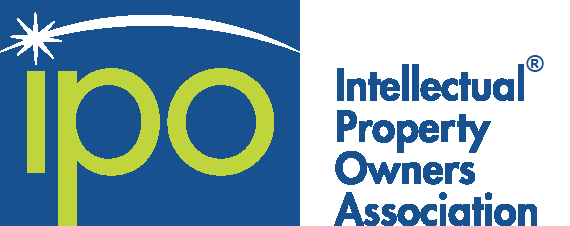Will blockchain technology soon leap beyond its initial success in the currency Bitcoin to disrupt many industries and the legal profession itself? That remains to be seen. But companies and clients are curious about blockchain’s potential, regardless of its timetable or ultimate impact, and IP lawyers can benefit from a better understanding of the distributed ledger technology and its implications.
Our panelists include a legal pioneer who is the former General Counsel of the Bitcoin Foundation, the executive vice president of IP at a technology company specializing in digital watermarking who has questions about blockchain, and a patent litigator. After a brief introduction to the technology itself, they will discuss:
- New Applications: Which industries beyond finance will embrace new blockchain applications – 3D printing and digital rights management, logistics and supply chain management, energy grid management, capital markets trading, real property transfers?
- Smart Contracts: These are contracts written in source code, recorded on a blockchain and then automatically performed and enforced without the involvement of contracting parties or central authorities. Will smart contracts enter the mainstream? Do they challenge the basic principles of contract law, contract interpretation and the application of equitable principles
- Security: What is the focus of the debate about blockchain security?
The IP landscape of blockchain — Open source or proprietary?: Many founders of Bitcoin embrace open-source models, but at least one pioneer is reported to have recently filed patent applications on the building blocks of blockchain. Other companies are quickly trying to amass patent portfolios around blockchain applications. But questions about patent eligibility and obviousness loom. Are many blockchain patents and applications little more than the computerized and non-novel application of an “abstract idea”?
Speakers:
Paul Keller, Norton Rose Fulbright
Joel Meyer, Digimarc Corporation
Patrick Murck, Pillsbury Winthrop Shaw Pittman, LLP

